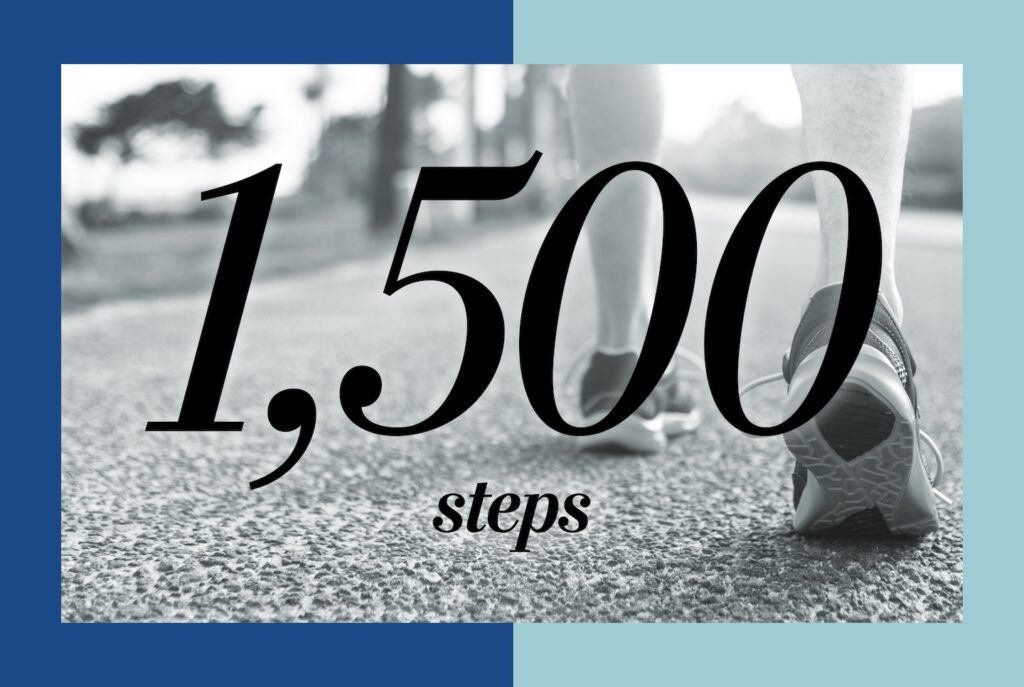Incentives — including cash — helped people raise their step counts

The study involved 1,062 participants, age 67 on average, with a higher-than-average risk for cardiovascular disease who were being encouraged to become more active. Before the study, they all averaged about 5,000 steps (2.4 miles) a day.
They were given a wearable device to track their steps and then randomly assigned to one of four groups: three involved incentives (financial or behavioral) and one — the control group — simply received daily messages about the members’ step count on their tracker.
One of the three incentive groups was game-oriented, with participants getting points and keeping or losing them by meeting or not meeting their step goals; trophies awaited those with the highest points when the study ended. Participants in a group with financial incentives got $14 a week but lost $2 each day that they did not meet their step goals. Participants in the fourth group were eligible for both game and financial incentives.
Overall, people in the gaming-plus-money group upped their step count the most and maintained their increased physical activity for at least six months after the year-long study ended.
Also, the researchers linked the participants’ activity improvements to a 10 percent decline in their risk for a cardiovascular-related death. Others looking to exercise more could mimic the study’s methods by using exercise apps that provide reminders and working with friends and family members to create games or financial scenarios to enhance personal health goals, researchers said.
“Even moderate exercise can drastically reduce cardiovascular risk, so finding low-cost ways to get people moving and stay in a fitness program that they can do at home is a huge win for public health,” the National Institutes of Health, which funded the study, noted in a statement.
This article is part of The Post’s “Big Number” series, which takes a brief look at the statistical aspect of health issues. Additional information and relevant research are available through the hyperlinks.
incentives-including-cash-helped-people-raise-their-step-counts



.png?width=1200&height=630&fit=crop&enable=upscale&auto=webp)


